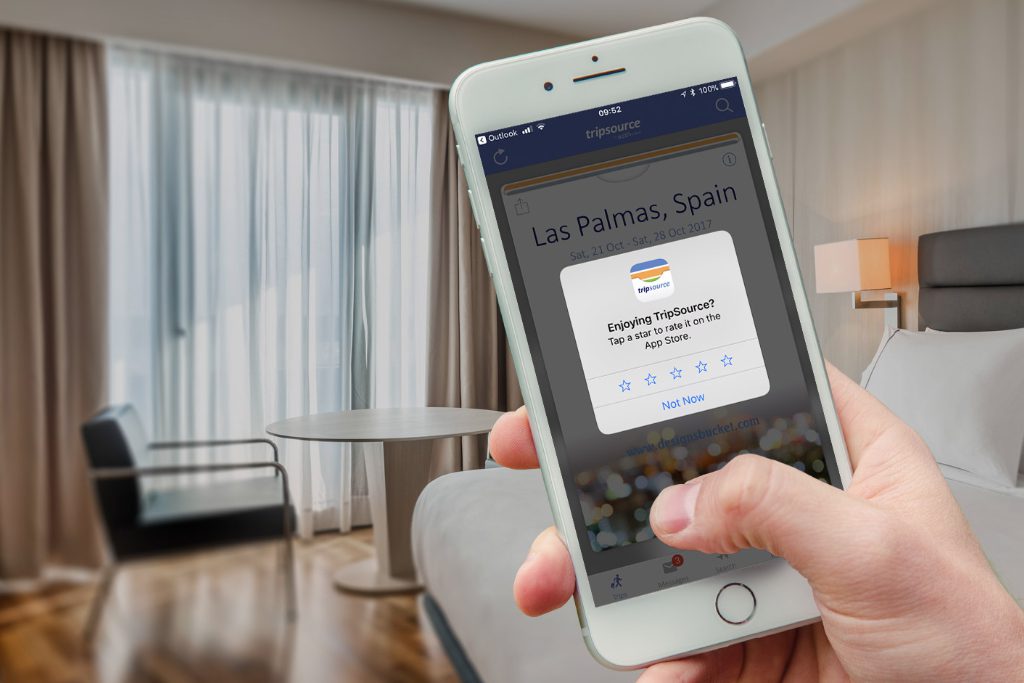Travelport’s Plan to Build Market Share With U.S. Airlines and Agencies

Skift Take
Travelport sees an opportunity to gain share with mid-market travel management companies in the U.S., which seems plausible. But it will need to keep up its pace of adopting new technologies and policies to pull that off.
Travelport, a UK-based e-commerce platform for distributing the content of airlines, hotels, and other suppliers to agencies and travel management companies, is redoubling its focus in the U.S. and the Americas, the company said.
In October, Travelport became the first of its peers to process a transaction according to new distribution capability (NDC) technical standards that airlines have advocated in recent years.
In February, the company said it planned to release Trip Services, a new application programming interface, or API for short, as a method of delivering its content according to the new standards.
Last year, Travelport appointed Simon Ferguson as managing director of agency commerce for the Americas. To get a sense of the company’s plans, Skift spoke with Ferguson at Travelport’s Atlanta office, the U.S. operational headquarters for the company, and in a follow-up call.
Only 24 percent of Travelport’s distribution revenue in 2018 came from the U.S., and 5 percent from Latin America, underscoring the opportunity that the company sees to build share in those regions.
A Play for the Middle
“We see an opportunity in the U.S. with mid-sized corporate travel management agencies in particular,” Ferguson said. “A couple of very large corporate customers, including a Fortune 500 company, have recently migrated to mid-market U.S. travel management companies that use Travelport.” He said it was too early to name the companies.
“We’re also partnering with new-breed booking tools like WhereTo” to address smaller-to-m

